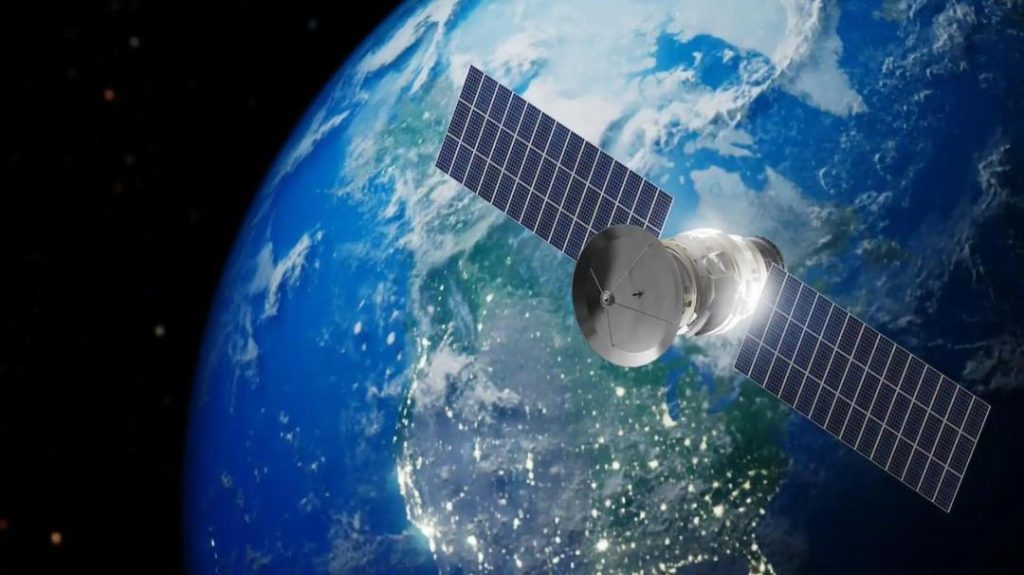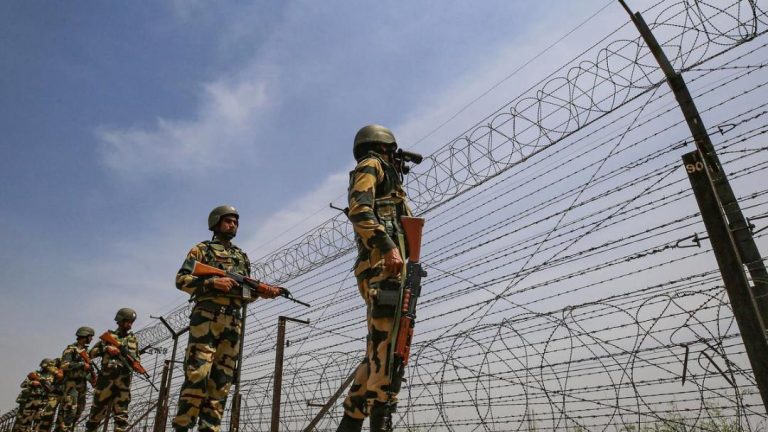
What are Space Pirates & How Can Satellites be Secured from Them?
In today’s digital age, the concept of space pirates may seem like something out of a science fiction novel. However, the reality is that space piracy is a growing concern for countries and companies that own and operate satellites in space. Space pirates are individuals or groups that attempt to attack man-made satellites, either virtually or physically, using various methods. In this blog post, we’ll dive deeper into the world of space piracy, the threats it poses, and the measures that can be taken to secure satellites from these threats.
What are Space Pirates?
Space pirates are not necessarily sea-faring buccaneers, but rather individuals or groups that attempt to disrupt the operations of satellites in space. They may use various methods to achieve their goals, including hacking, jamming, or physically attacking satellites. These attacks can have serious consequences, including disrupting communication networks, compromising national security, and even causing economic losses.
Types of Space Piracy
There are several types of space piracy that can be categorized based on the methods used to attack satellites. Some of the most common types of space piracy include:
- Cyber Attacks: Space pirates may use cyber attacks to hack into satellite systems and disrupt their operations. This can include stealing data, modifying satellite commands, or even taking control of the satellite itself.
- Jamming: Space pirates may use jamming signals to interfere with satellite communications, making it impossible for satellites to transmit or receive data.
- Physical Attacks: Space pirates may use physical attacks to damage or destroy satellites. This can include launching missiles or other projectiles at satellites, or even physically approaching satellites in space.
- Satellite-based Piracy: Space pirates may use satellites to launch attacks on other satellites or on the ground. This can include using satellites to launch cyber attacks or to transmit jamming signals.
The Threats Posed by Space Pirates
The threats posed by space pirates are numerous and varied. Some of the most significant threats include:
- Disruption of Communication Networks: Space pirates can disrupt communication networks, making it impossible for people to communicate with each other.
- Compromise of National Security: Space pirates can compromise national security by stealing sensitive data or disrupting critical infrastructure.
- Economic Losses: Space pirates can cause significant economic losses by disrupting supply chains, disrupting financial transactions, or stealing valuable data.
- Physical Harm: Space pirates can cause physical harm by launching attacks on people or property.
Securing Satellites from Space Pirates
Securing satellites from space pirates requires a multi-layered approach that incorporates ground-to-space operations. Some of the most effective ways to secure satellites include:
- Ground-Based Security Systems: Ground-based security systems can detect and prevent cyber attacks, jamming signals, and other types of space piracy.
- Satellite-based Security Systems: Satellite-based security systems can detect and prevent attacks on satellites, as well as disrupt the operations of space pirates.
- Quick Response Systems: Quick response systems can rapidly respond to physical attacks on satellites, allowing for rapid intervention and damage control.
- International Cooperation: International cooperation can help to prevent space piracy by sharing intelligence, coordinating responses, and developing common standards for space security.
Conclusion
Space piracy is a growing concern for countries and companies that own and operate satellites in space. To secure satellites from these threats, a multi-layered approach that incorporates ground-to-space operations is necessary. By detecting and preventing cyber attacks, jamming signals, and other types of space piracy, we can protect satellites and prevent the disruption of vital communication networks, the compromise of national security, and the loss of valuable data.
Sources:






